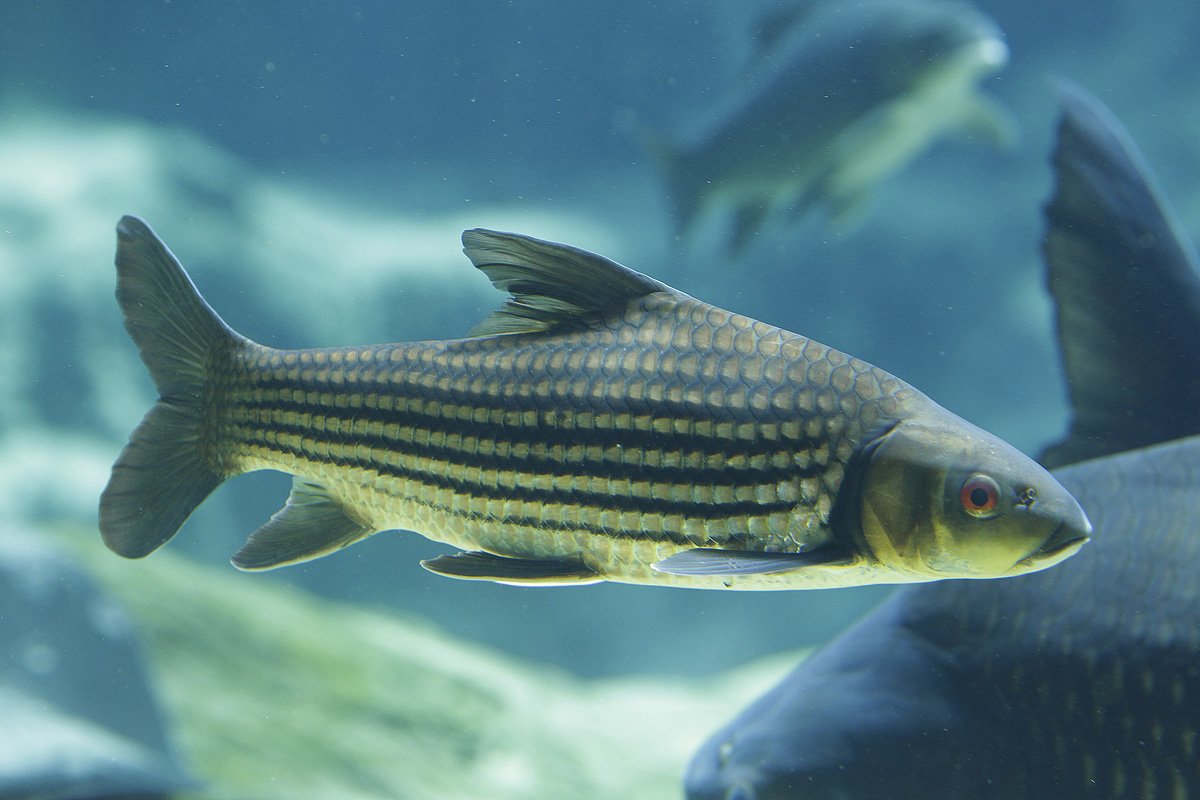
© Mandai Wildlife Group
Why ASAP?
Why species matter
Species are the fundamental building blocks of a thriving ecosystem, and their conservation holds the key to addressing the interlinked challenges of climate and biodiversity crises. Recognising the profound impact of climate change on various aspects of human well-being, from food security to weather extremes, underscores the importance of preserving species.
A diverse range of species contributes significantly to restoring ecosystem function, offering a natural defense against climate change impacts. The conservation of the rarest and most threatened species in Southeast Asia is a key step in achieving resilient, stable, and healthy ecosystems.
By focusing our efforts on these key species, we actively contribute to the restoration of vibrant and thriving natural environments, fostering a sustainable future for our planet.

Meet our Partners who are working hard to conserve ASAP Species
Why Southeast Asia
Southeast Asia boasts a rich variety of life that contributes to the intricate tapestry of global ecosystems. The vibrant biodiversity is not only a natural wonder, it plays a vital role in maintaining ecological balance. Species provide essential resources for local communities and supporting livelihoods, as well as playing a role in mitigating climate change.
4 Biodiversity hotspots across Southeast Asia where species-rich communities threatened by habitat loss
277 land and freshwater vertebrate species in Southeast are listed as Critically Endangered
More than 85% of ASAP Species are endemic to Southeast Asia, meaning they exist nowhere else on Earth
This is why Southeast Asia is the focus of ASAP's efforts. By supporting our Partners who are addressing the pressing issues of habitat loss and exploitation, we are not only safeguarding the region’s remarkable biodiversity but also contributing to the resilience of the planet as a whole.
Species in Southeast Asia are under severe threat from large-scale habitat destruction and illegal wildlife trade, leading to significant population declines. This biodiversity loss destabilises ecosystems and has profound implications for societal health. Addressing it is one of our greatest challenges today.






